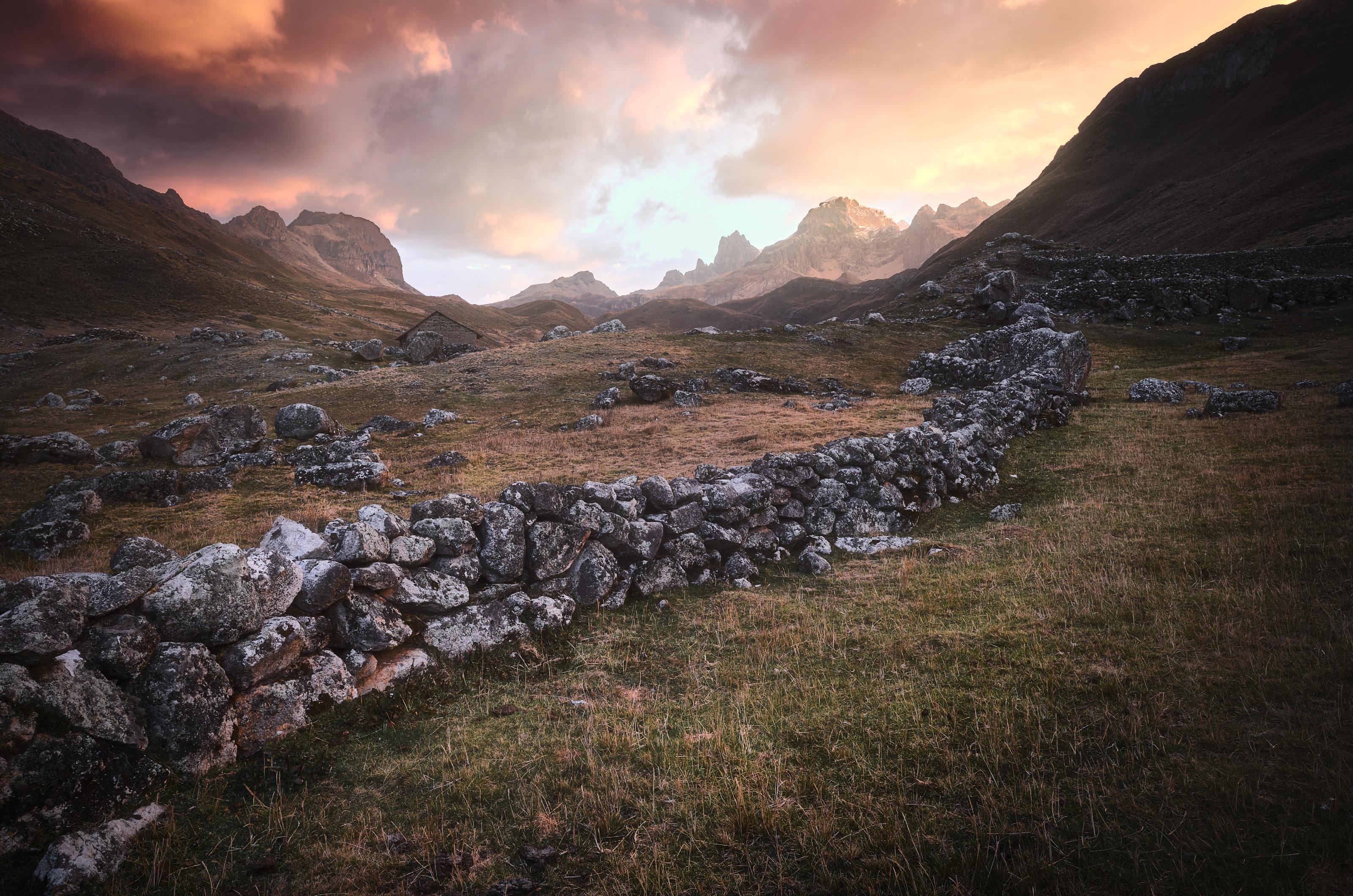
Composition of any type of photography can be very subjective and is often up to the eye of the photographer. Landscape photography is no exception.
However, there are some rules to follow in order to ensure that a photograph has a good balance and a proper visual impact for the viewer. Understanding gear and techniques are equally important to achieve great results. This article will provide useful gear to use, techniques to master, and reveals 8 tips to help you create more impactful landscape photographs.
GEAR
Ideally, the toolkit of the landscape photographer would have a flexible focal length, be limited in size and weight and cover the needs for several types of landscape photography.
Beyond the camera, it should ideally include at least three zoom lenses including a very wide angle lens such as a 14-24 mm on full frame, a middle range lens with a focal range 24-70 mm and a telephoto lens with a focal range of 70-200 mm.
Shooting with primes is possible, but limits the flexibility offered by zooms significantly. Having more reach could be practical too, however, the weight, size and frequency of use of a longer lens does not generally make it worth carrying.
A tripod is indispensable for shooting in low light environments (such as sunrises or sunsets) or for long exposures.
Filters are also handy in certain lighting situations or for long exposures. A flexible and useful set of filters to own would include an ND 64, ND 1000 and a polarizer. Graduated neutral density filters can also be useful, but not mandatory, when shooting in an environment where the light difference between the background and the foreground is significant.
Denne historien er fra Issue 117-utgaven av Photography Masterclass Magazine.
Start din 7-dagers gratis prøveperiode på Magzter GOLD for å få tilgang til tusenvis av utvalgte premiumhistorier og 9000+ magasiner og aviser.
Allerede abonnent ? Logg på
Denne historien er fra Issue 117-utgaven av Photography Masterclass Magazine.
Start din 7-dagers gratis prøveperiode på Magzter GOLD for å få tilgang til tusenvis av utvalgte premiumhistorier og 9000+ magasiner og aviser.
Allerede abonnent? Logg på
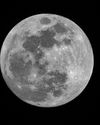
MASTERCLASS HOW TO CAPTURE PERFECT MOON PHOTOS
HOW TO CAPTURE PERFECT MOON PHOTOS
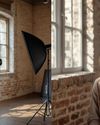
THE 30 DAY EMOTION CAPTURE CHALLENGE
30 DAYS, 30 EMOTIONS: YOUR LENS, YOUR STORY
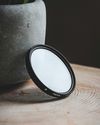
3 MUST-HAVE FILTERS FOR SHOOTING LANDSCAPE PHOTOGRAPHY
While digital photography has made many filters redundant through post-processing software like Photoshop, there are still some essential filters that can't be replaced.
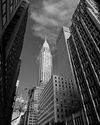
9 TIPS FOR CAPTURING TACK-SHARP PHOTOS
As a photographer, you know that image sharpness can make or break your shot.

ABOUT MALLORCA
Mallorca, the largest island in the Balearic archipelago nestled in the Mediterranean Sea, boasts a diverse and breathtaking landscape that captivates travelers from around the globe.
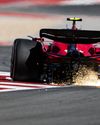
FEATURED PHOTOGRAPHER: JAMEY PRICE
Jamey Price is a celebrated motorsport and automotive photographer from Charlotte, North Carolina, whose vibrant and dynamic images have captured the thrill of racing across more than 25 countries.
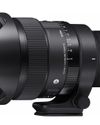
THE LOWDOWN ON THE SIGMA 15 MM F/1.4 ART FISHEYE LENS FOR SONY
Still, I don't want you to think I'm trying to give you the ol' bait-and-switch, so I'll say right from the top that this lens is quite pricey, and it's certainly not for everyone.

FEATURED PHOTOGRAPHER: DINA BELENKO
In this issue, we interview Dina Belenko, the conceptual still life photographer whose work transcends the boundaries of imagination.

PROVEN TECHNIQUES FOR CAPTURING THE BEAUTY OF FIREWORKS
Snapping the perfect shot of a fireworks display involves more than just pointing and shooting.

7 REASONS TO USE A DEDICATED CAMERA INSTEAD OF A SMARTPHONE
Nearly all of us us have a smartphone in our pockets and the included cameras have led to a real explosion in photography.